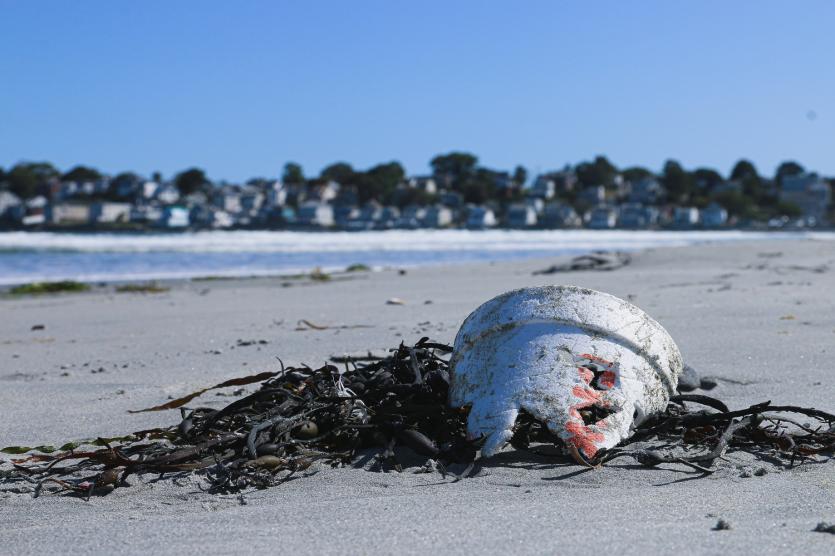Photo by Brian Yurasits on Unsplash
By Patryk Krych | The World Daily | NOVEMBER 26th 2021
According to a recent clean-up survey, the amount of litter washing up along beaches is decreasing annually, but the majority of shore-found litter is still largely made up of plastics.
The research, which has suggested that at least three quarters of the litter that washes up on beaches in Britain is made up of plastics, has prompted conservationists to urge for more action against the production of plastic waste. With the results being found in Britain, many are curious as to how the numbers may look on a worldwide scale.
The data comes as a result of the 2021 Great British Beach Clean, organised by the Marine Conservation Society (MCS) and having found that there was only 385 pieces of litter for every 100 metres of beach on average in 2021, which is down from an average of 425 pieces of litter in 2020, and 558 in 2019 – revealing a gradual decrease.
6,000 volunteers worked to help clear at least five tonnes of litter from 55 kilometers of UK beaches between 17 and 26 of September. Plastic and polystyrene were the two most common items found during this clean-up, having reportedly made up around 75% of all the findings.
“The UK governments’ current piecemeal approach to single-use plastics policy just won’t cut it any more,” said Dr Laura Foster, the head of clean seas at the MCS. “While we’re seeing a downward trend in litter on beaches, we’re still seeing huge volumes of plastic washing up on our shores. Comprehensive and ambitious single-use plastics policies are the quickest way of phasing out plastic from our environment.”
Cotton buds had previously been among the most common litter found along beaches in the UK, but since the ban in Scotland in 2019, and in England in 2020, they had dropped out of the top 10 most common litter types in the UK this year. A ban that many are hoping may soon be seen on a more worldwide scale.






